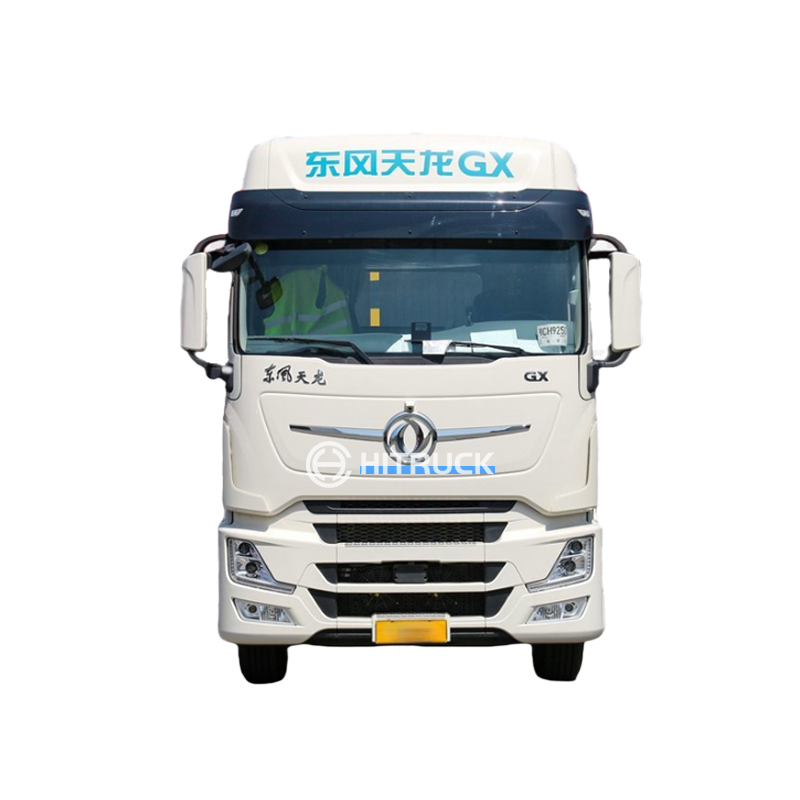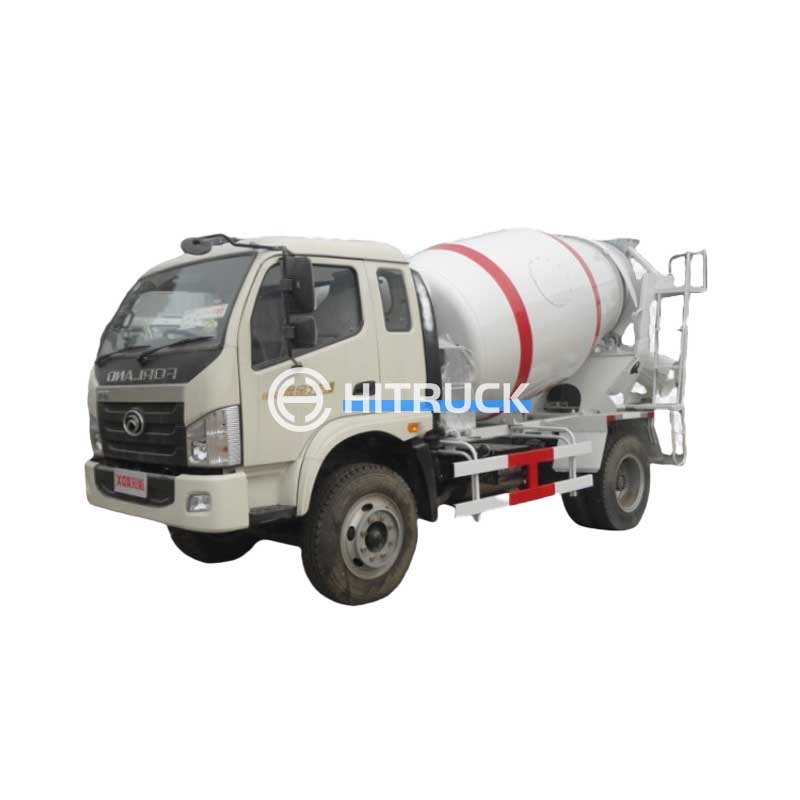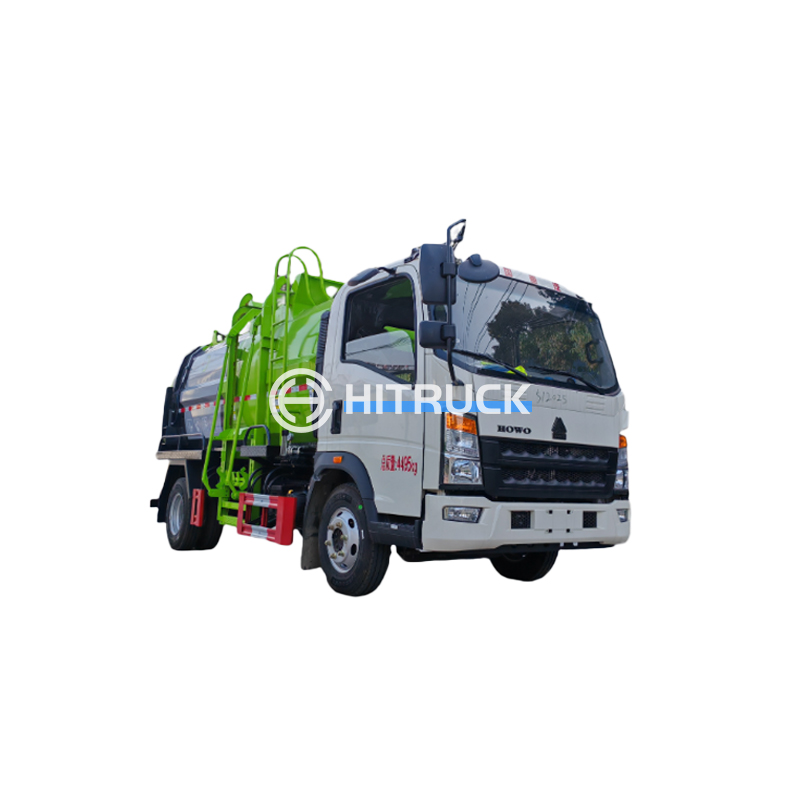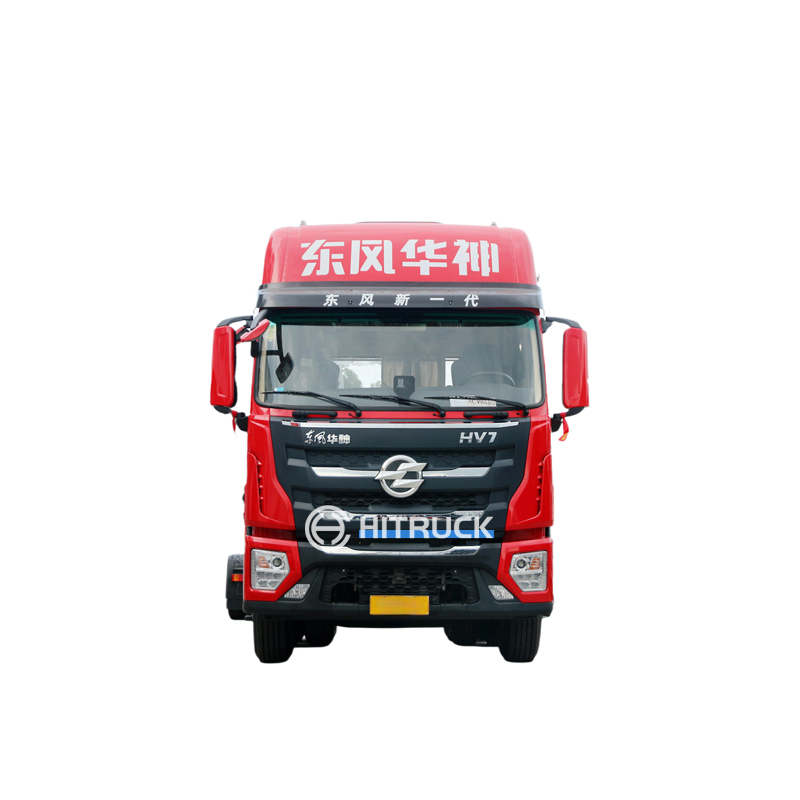This comprehensive guide explores the world of a reefer truck, detailing their features, applications, and considerations for purchase. Learn about different types, technologies, and factors to weigh when selecting the ideal refrigerated transport solution for your specific needs. We cover everything from choosing the right size and capacity to understanding fuel efficiency and maintenance requirements. Whether you're a seasoned logistics professional or just starting out, this guide will equip you with the knowledge to make informed decisions.
These are the workhorses of the refrigerated trucking industry. They're designed for long-haul transportation and typically offer the largest cargo capacity. Choosing a full-size reefer truck depends on the volume and type of goods you're transporting. Factors to consider include the type of refrigeration unit (direct-drive or diesel-powered), the insulation quality, and the overall dimensions to ensure compliance with relevant regulations.
Smaller than their full-size counterparts, these reefer trucks are ideal for shorter-haul operations and deliveries in urban areas where maneuverability is crucial. They're a cost-effective solution for businesses with smaller-scale transportation needs. The choice often depends on the size of the delivery area and the frequency of deliveries.
Certain industries require specialized reefer trucks. For example, transporting pharmaceuticals might necessitate trucks with temperature-controlled compartments capable of maintaining extremely precise temperatures. Similarly, transporting perishable goods like flowers or seafood may require specific humidity control features. These specialized designs reflect the unique requirements of different cargo types.
The refrigeration unit is the heart of any reefer truck. Understanding the differences between direct-drive and diesel-powered units is crucial. Direct-drive units are generally more fuel-efficient but may have lower cooling capacity. Diesel-powered units offer greater cooling power, but consume more fuel. Choosing the right technology depends on the specific needs of your operation. Factors to consider include the climate you operate in, the type of goods you transport and your budget.
Precise temperature control is essential for maintaining the quality and safety of perishable goods. Modern reefer trucks often feature advanced electronic controls, allowing for precise temperature settings and monitoring. Some units provide remote monitoring capabilities via telematics systems, allowing for proactive maintenance and tracking of cargo conditions.
Fuel costs are a significant operating expense for reefer truck owners. Modern trucks employ various technologies to improve fuel efficiency, such as aerodynamic designs, optimized engine performance, and advanced refrigeration unit controls. When comparing models, always consider the reported fuel consumption figures and look for features that promote fuel savings.
Regular maintenance is crucial for preventing costly breakdowns and ensuring the longevity of your reefer truck. This involves scheduled servicing of the refrigeration unit, engine, and other critical components. Choosing a model with readily available parts and a reliable service network is essential for minimizing downtime.
The ideal reefer truck depends heavily on your specific needs. Consider the following factors when making your decision:
| Factor | Considerations |
|---|---|
| Cargo Capacity | Volume of goods, dimensions of cargo |
| Temperature Requirements | Specific temperature ranges needed for different goods |
| Operating Range | Short-haul vs. long-haul transportation |
| Budget | Purchase price, operating costs (fuel, maintenance) |
Remember to research different manufacturers and models, compare specifications, and seek expert advice before making a final decision. For a wider selection of trucks, consider exploring options from Suizhou Haicang Automobile sales Co., LTD. They offer a range of high-quality vehicles to meet diverse needs.
This guide provides a starting point. Thorough research and consultation with industry professionals are crucial for selecting the best reefer truck for your business.












